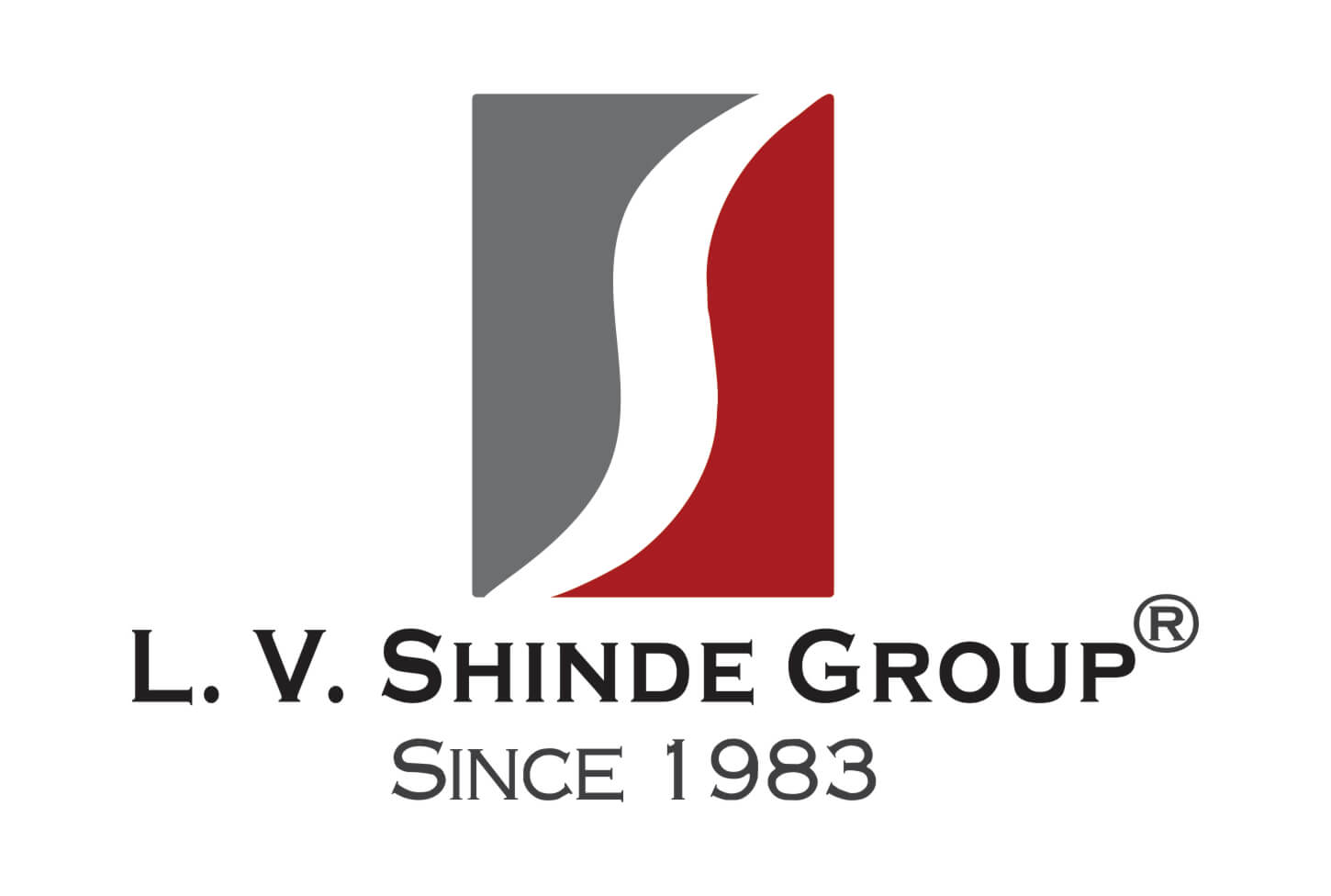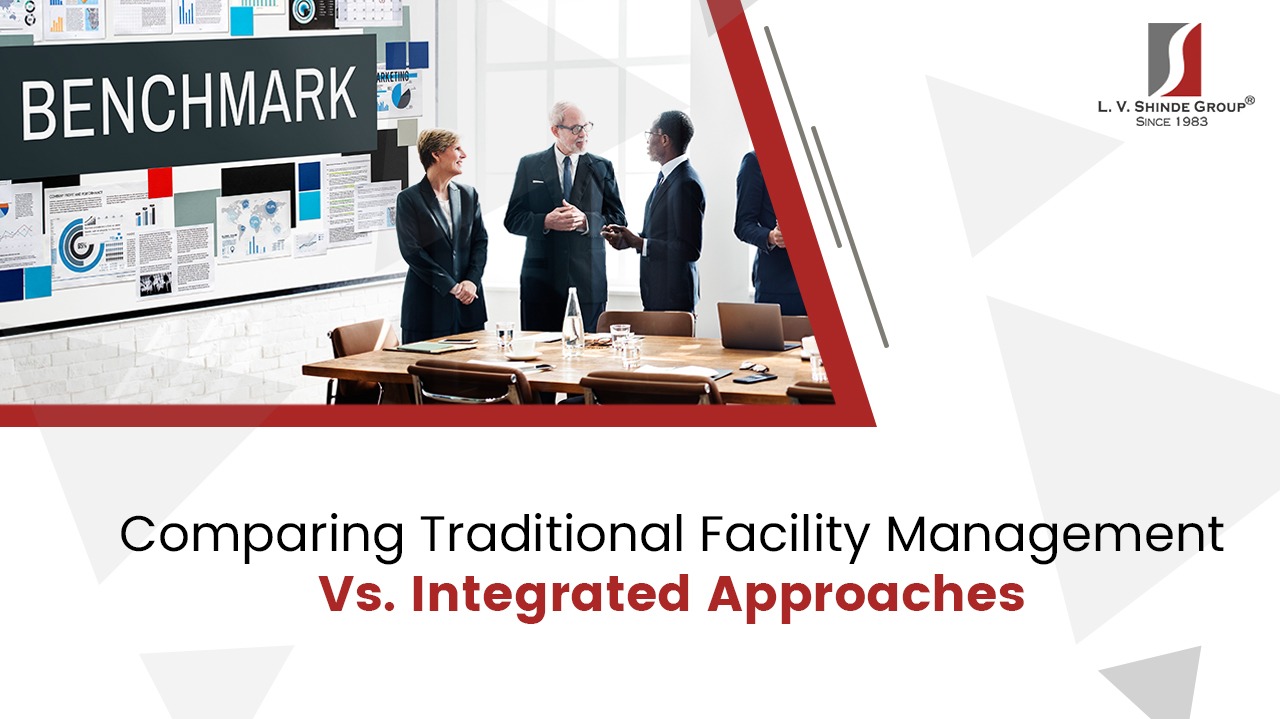Comparing Traditional Facility Management Vs. Integrated Facility Management
What is Facility Management?
Facility Management is a practice that encompasses multiple disciplines to ensure the functionality of the built environment by integrating people, place, process, and technology. It is the process of managing the physical infrastructure and operations of a facility, such as a building, to ensure efficient and cost-effective operations.
Facility management covers all aspects of the built environment, from design and construction to operation and maintenance. Facility Management professionals are responsible for a wide range of tasks, including planning, design, construction, operation, maintenance, energy management, and environmental management. They also oversee emergency planning, security, and safety services.
Related Blog: What is Facility Management? Here’s All You Need To Know About FMS!
Importance of Choosing the Right Type of Facility Management
Facility management is a crucial factor in the success of any organisation, and you want to make sure you choose the right type to ensure that your business continues to be successful.
As a business or organisation, you need to ensure that your facility management strategy is tailored to your specific needs and goals. To make the right choice, you must first evaluate the different types of facility management available, and each of their advantages and disadvantages.
- Facility management is responsible for a range of tasks, including maintenance and repair of the facilities, security, janitorial services, and more. Having the right facility management in place ensures that all these tasks are conducted efficiently and effectively.
- Choosing the right facility management in place helps ensure that the organisation uses its energy resources in the most efficient manner possible, which can help reduce the organisation’s overall energy costs.
- Proper facility management guarantees that the company’s physical locations are in good condition and safe and that all necessary services are provided promptly and efficiently.
- The right type of facility management in place helps to ensure that the organisation is running as smoothly and efficiently as possible, ultimately saving the organisation money and improving its overall performance.
- Making sure the correct facility management is in place is responsible for ensuring that the organisation’s operations comply with all applicable laws and regulations, which helps to protect the organisation from any potential legal issues.
Traditional Facility Management and Integrated Facility Management
Facility management is a profession that is becoming increasingly important in the corporate world today. It is the process of managing the day-to-day operations of an organisation’s facilities, including office buildings, warehouses, manufacturing plants, and other physical assets. There are two main categories of facility management: Traditional Facility Management and Integrated Facility Management. The type of facility management that is right for an organisation will depend on the organisation’s goals and needs.
1. Traditional Facility Management (TFM)
Traditional Facility Management (TFM) is a practice that has been used for many years. It is based on the principles of preventive maintenance, where Facility Management (FM) teams are responsible for the maintenance and management of physical assets and infrastructure, as well as the services surrounding these assets. The goal of traditional facility management is to keep the facility running smoothly and efficiently.
TFM offers a comprehensive system for managing physical assets and responding to any possible issues. Furthermore, it allows for a more proactive form of maintenance, as FM teams can identify potential problems before they become serious. On the contrary, the conventional approach is both laborious and expensive, as it needs a lot of manpower and resources.
Traditional FM services include janitorial services, pest control, landscaping, HVAC maintenance, and building security. Each of these services is designed to help maintain a facility’s physical environment.
2. Integrated Facility Management
Integrated Facility Management (IFM) is an approach that combines the management of multiple facilities and services into one streamlined process. This approach provides a comprehensive solution to facility management needs, allowing organisations to focus on their core business objectives and goals.
IFM offers a key advantage of cutting down on the number of vendors and contractors an organisation has to manage. Furthermore, it can help organisations save money by making it easier to bargain with a single service provider. Nevertheless, there are some potential drawbacks to the IFM approach, such as it being more difficult to monitor the services provided by a single provider, and it may be pricier than working with multiple vendors if the provider does not offer the same level of service.
Services that may be provided through an IFM approach include janitorial services, security services, landscaping services, building maintenance, and energy management.
Related Blog: What is Integrated Facility Management Services? The Best Way to Organize Your Workspace!
Comparison of Traditional Facility Management and Integrated Facility Management
Comparison of the Scope of Services
Traditional facility management focuses on the day-to-day operations of a building, such as maintenance, security, and repair. Integrated facility management, on the other hand, is a much broader approach that encompasses a wide range of services, including strategic planning, budgeting, and project management.
Comparison of Cost and Efficiency
The TFM approach is typically more cost-effective, as it requires fewer resources and is focused on short-term results. IFM approach is much more costly than traditional facility management, but it is more efficient
Comparison of Flexibility and Scalability
IFM is flexible and also more scalable, as it allows for the expansion and integration of new services as needed. TFM is not as flexible or scalable as integrated facility management.
Factors to Consider When Choosing Between Traditional Facility Management and Integrated Facility Management
1. Facility Size and Complexity
Depending on the size and complexity of the facility, traditional facility management may be more suitable for smaller, less complex facilities, while integrated facility management may be better suited for larger, more complex facilities.
2. Facility Use and Occupancy
Traditional facility management is suitable for facilities that are occupied and used regularly, as it allows for an efficient way to manage the facility and its operations. On the other hand, integrated facility management is more suitable for facilities that may not be used frequently, as it allows for a more streamlined approach to managing the facility.
3. Facility Location and Environment
The size, type, and location of a facility can determine which of the two management systems is most appropriate. If the facility is located in a rural area and is not subjected to frequent changes, then a TFM is likely the better decision. However, if the facility is in an urban area and experiences frequent changes, then an IFM may be a better fit. The environment in which the facility is situated can also influence the decision, with extreme weather requiring Integrated Facility Management and mild weather favouring Traditional Facility Management.
4. Budget and resource constraints
Traditional Facility Management utilizes in-house staff to perform the management functions and works with specialized vendors to provide services. This approach may be beneficial for organisations with limited budgets and resources as it eliminates the need to hire new staff or take on additional costs. On the other hand, Integrated Facility Management requires a more comprehensive approach and more resources. It is beneficial for organisations with larger budgets and access to more resources.
Conclusion
Facility Management is an important part of any business. Taking the right approach to Facility Management can help to ensure the sustainability of the facility and reduce operational costs in the future. For short-term, smaller-scale facilities, a traditional Facility Management approach may be most appropriate. However, for large-scale, long-term facilities, an Integrated Facility Management approach may be best.
It is important to decide by weighing the pros and cons of both TFM and IFM. Consulting with Facility Management professionals can help evaluate the facility’s specific needs and provide a tailored solution.
Elevate Your Facility Management Now
Supreme Facility Management Pvt. Ltd company is the top of the line in Facility Management, providing Hard Services, Soft Services, Staffing Services, Employee Transport, and Factory-in-Factory Services. It has serviced over 250 clients with over 50 facilities managed, making them your go-to source for all your facility management needs. With their help, you can improve your productivity, build employee trust, reduce your environmental footprint and achieve excellence. Furthermore, they guarantee 100% operational efficiency, so you know you’re getting the best service possible. So, switch to Supreme Facility Management Pvt. Ltd. and enhance your facility management now!


